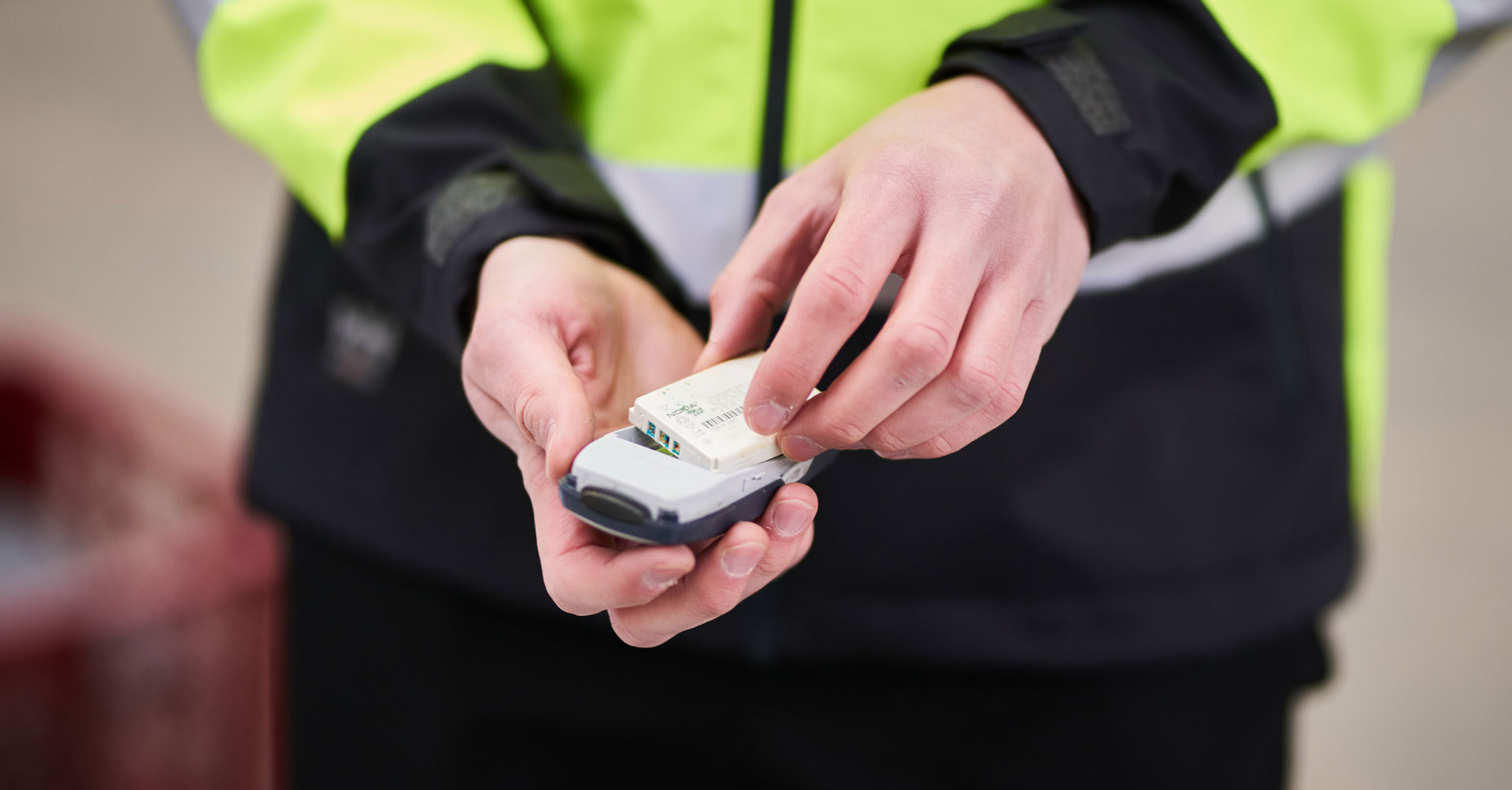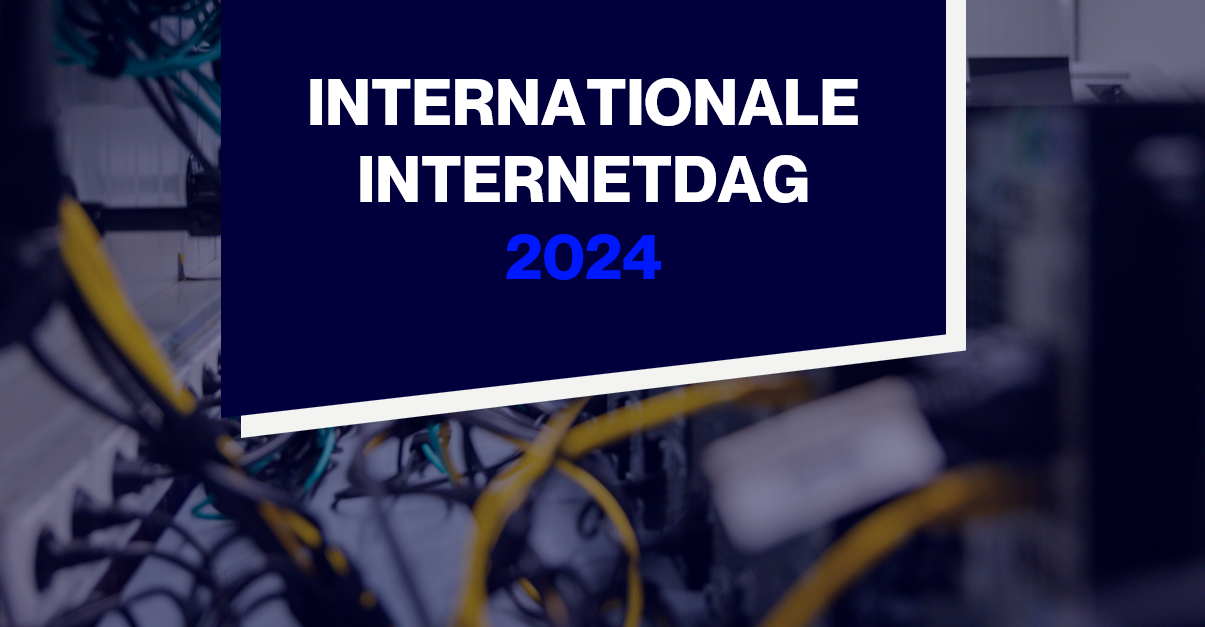Have You Heard About It Yet?
A final version of the PGS 37-2 has been published—a set of guidelines concerning the storage of lithium-based energy carriers.
In this article, we explain:
What the PGS 37-2 entails
Who needs to comply with it
Our perspective on its implementation in the (electronics) recycling industry
What Is the PGS 37-2?
PGS stands for Publicatiereeks Gevaarlijke Stoffen (Publication Series on Hazardous Substances).
PGS guidelines identify risks associated with hazardous substances and outline objectives and measures to control these risks and minimize negative environmental and human impacts.
The PGS 37-2 specifically focuses on the risks related to the storage of lithium energy carriers.
The full PGS 37-2 document is available online:
Why Was the PGS 37-2 Guideline Introduced?
The storage of lithium-ion batteries is increasing rapidly, but these energy carriers pose various risks.
Lithium batteries can become unstable due to:
Overcharging
Deep discharge
Extreme temperatures
Physical damage (impact or punctures)
If a lithium battery becomes unstable, it can ignite violently, releasing:
Highly toxic pyrolysis products
Corrosive and hazardous firefighting water
Who Is Affected by the PGS 37-2?
The PGS 37-2 applies to all businesses storing lithium-based energy carriers.
However, certain thresholds must be exceeded before compliance is mandatory, and some exemptions apply.
Determining if PGS 37-2 Applies to Your Business
To assess whether your business must comply, follow these steps:
Does your company store lithium energy carriers?
Check Table 1 of the PGS 37-2 for a list of applicable lithium energy carriers.
Does your storage exceed the threshold?
The PGS 37-2 applies only if your storage volume exceeds the defined limits.
Table 2 outlines these thresholds, ranging from 30 to 1,000 kg, depending on type and condition.
Do exemptions apply to your storage facility?
Certain specific exemptions exist.
If your situation is listed, the PGS 37-2 does not apply to you.
Distinction Between Usage and Storage
Only storage falls under the PGS 37-2; usage of lithium batteries does not.
Is Compliance with the PGS 37-2 Legally Required?
If your business falls within the scope of the PGS 37-2, you may wonder whether compliance is legally required.
Currently, a final version has been published.
While some environmental agencies may already refer to it, there is no legal obligation yet.
The PGS 37-2 must first be integrated into the Besluit Activiteiten Leefomgeving (BAL) (Environmental Activities Decree).
Once incorporated, it will become legally binding and enforceable.
Expected enforcement date: January 1, 2025 (subject to change).
Once included in the BAL, the PGS 37-2 will immediately apply to new activities.
What Does the PGS 37-2 Mean for Your Situation?
The PGS 37-2 categorizes different types of storage facilities into “typicals”.
A single company may have multiple typicals depending on:
Storage size
Battery condition
Storage type
Check Table 3 for a breakdown of typical storage types.
Scenarios, Goals, and Measures
The PGS 37-2 is structured into three key elements:
Scenarios → Identifying undesirable events to prevent.
Goals → Defining what must be achieved to prevent these events.
Measures → Outlining how to achieve the goals, including:Preventative measures to avoid incidents.
Response strategies to mitigate consequences if incidents occur.
Once you identify the typicals applicable to your business, you can determine the required safety measures.
The PGS 37-2 includes 74 measures, covering topics such as:
Employee training and expertise
Construction requirements (e.g., fire compartments)
Entry control and registration of lithium energy carriers
Fire detection and suppression
All scenarios, goals, and measures are detailed in the PGS 37-2 document.

Impact on Electronics Recycling Companies
Many electronics recycling companies will need to invest significant time and resources to comply with the PGS 37-2.
This is because the guideline covers not only standalone lithium batteries but also any product containing a lithium energy carrier.
Recycling businesses primarily handle the most strictly regulated battery types:
Used batteries
Unpackaged batteries
Defective or damaged batteries
For many companies, complying with the PGS 37-2 will be a significant challenge.
Getting Started with Compliance
Since compliance will soon become mandatory, it is advisable to start preparing now.
At Whale Recycling, we have already had one team member trained in the PGS 37-2 guidelines.
Training programs are available from:
Special Cargo Services
Evofenedex



